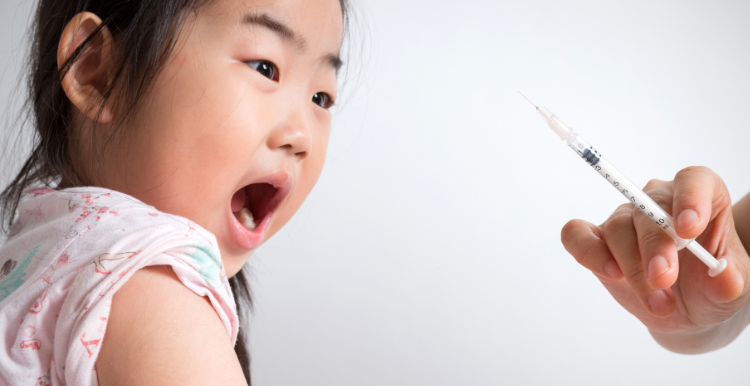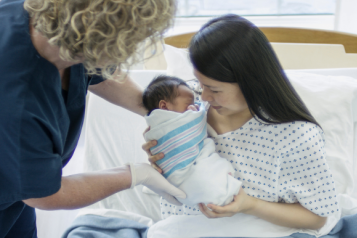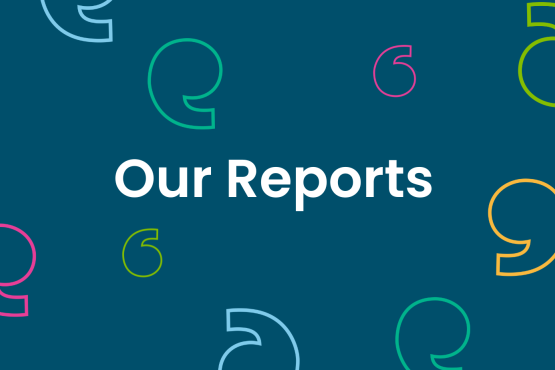What's Trypanophobia

However, these statistics decline as the child ages and reduce significantly by adulthood, with approximately 10% of adults experiencing trypanophobia.
Trypanophobia, also known as needle phobia or injection phobia, is an intense, overwhelming and persistent fear of needles. Trypanophobia specifically refers to the fear of needles in medical settings, such as a hospital, doctor’s surgery or clinic, and needles used for medical procedures, such as blood tests, vaccinations and intravenous (IV) fluids.
Trypanophobia can be a serious phobia as it can cause people to avoid necessary or life-saving treatments or refuse to visit the doctor completely. Because trypanophobia is specific to medical needles, many people with the type of phobia don’t display a fear response when faced with non-medical needles, such as those used in tattoos and body piercings.
Because the vast majority of people feel some anxiety towards needles, determining whether you are experiencing fear or a phobia can be difficult. To meet the criteria for a phobia, your trypanophobia must:
- Include feelings of intense fear, panic or anxiety that are irrational and difficult to control or manage.
- Include fear that is out of proportion to the potential danger.
- Last longer than six months.
- Negatively impact your day-to-day life.
Even if you know your fear of needles is excessive, you may be unable to control your physiological and psychological response to them.
Click here for more information on needle phobias
You could also make an appointment with NHS Barnsley Talking Therapies to discuss your phobia and how they can help
To read this information and more on its original source visit
The image used has no direct link to the article and has been supplied through Canva



